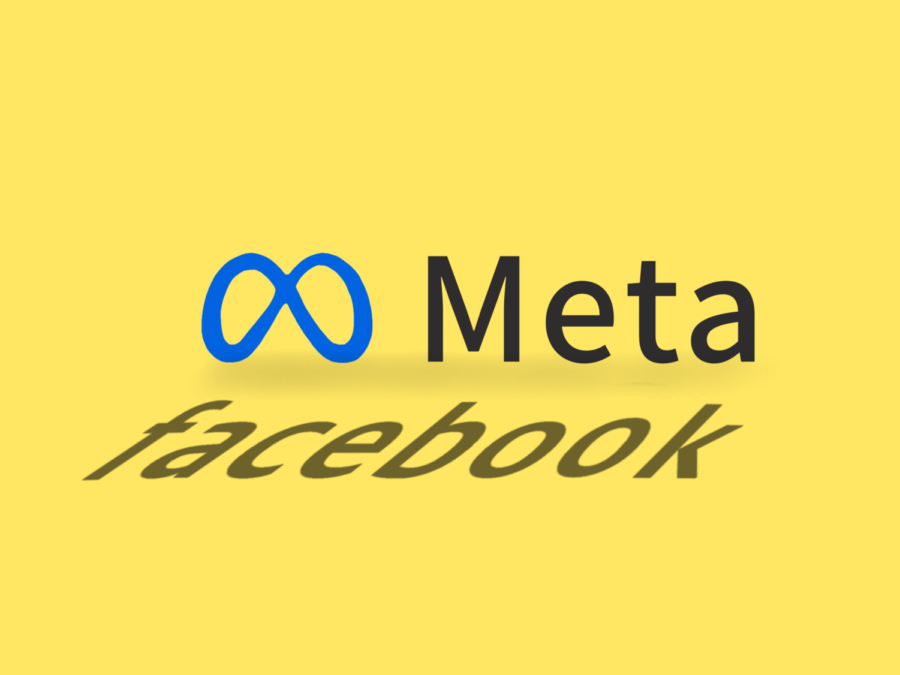Oftentimes, it’s easy to get lost in the promises of new technologies. So when Meta, formerly known as Facebook, changed their name and showed off their vision for the “Metaverse” in a presentation full of promises, this was definitely the case. When looking at the Metaverse, which very well might have huge implications on the way we view our lives in the coming years, it is best to view it with a healthy amount of skepticism.
Over the past 20 years, the internet has been in the ‘Web 2.0’ era, in which large companies such as Google and Facebook have come to dominate the internet in increasingly pervasive ways. Many hope a future ‘Web 3.0’ will include a completely decentralized internet that promotes privacy and limits the power of these massive corporations. However, the Metaverse will only exacerbate the current problems of the internet, and move away from decentralization, allowing a select few companies to monopolize and stifle any outside innovation.
Facebook has been entrenched in controversy after controversy, mainly stemming from their methods of extracting data from users. With the Metaverse, these methods of data extraction will only expand, with eye trackers, face trackers, hand trackers, and body trackers all on the table. Meta has long been a company that has given users reason after reason to be concerned about privacy, and it might be a dangerous move to trust them with our future.








